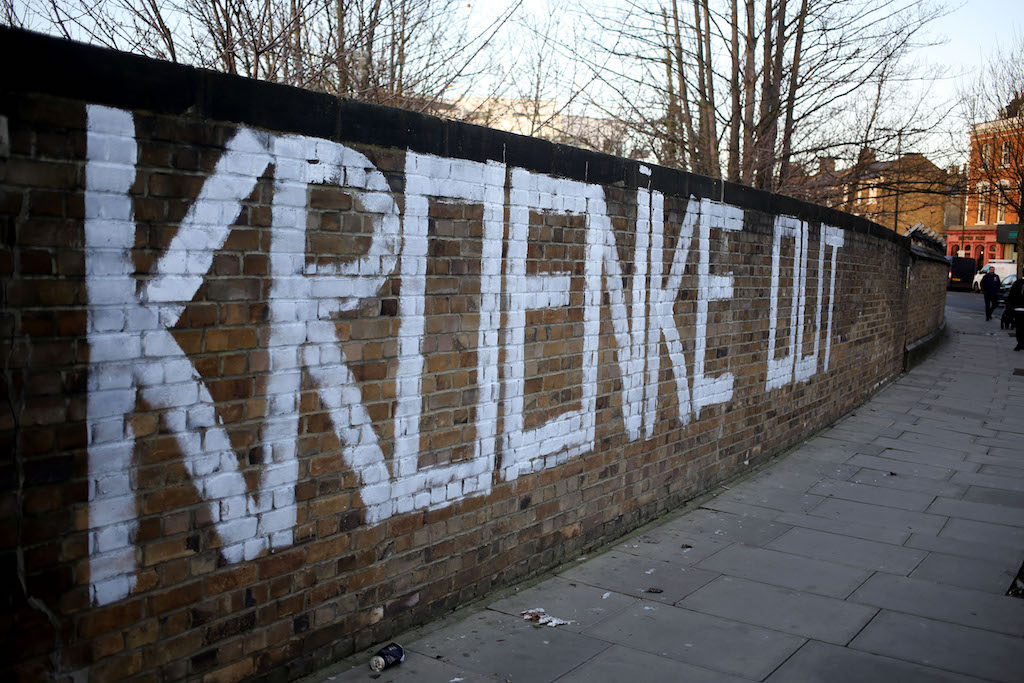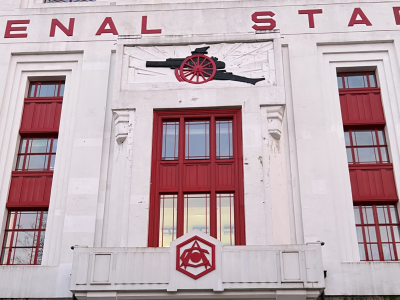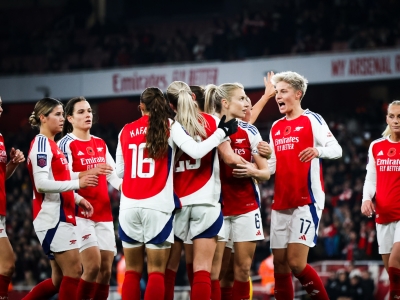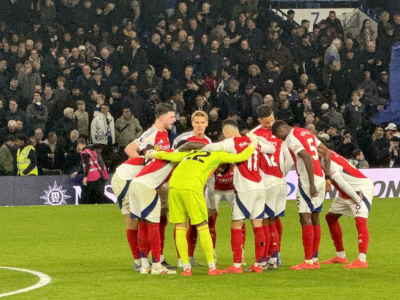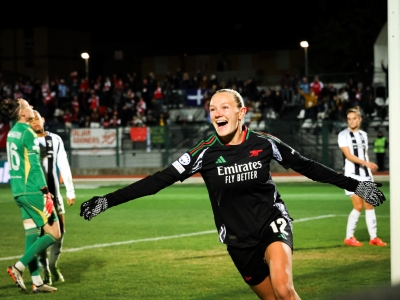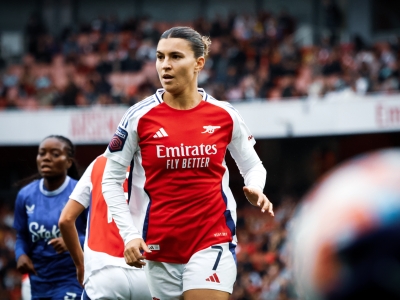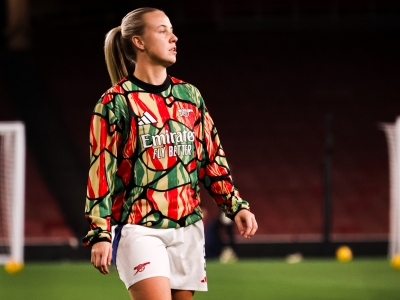The swift fall of the European Super League, when it came, felt like a revolution; but a revolution which sought essentially to restore a status quo.
The 360 degrees of opposition which surrounded the idea made up of supporters’ groups, UEFA, FIFA, politicians, some quarters of the media, and the clubs not invited to join it successfully blocked the suggested changes but leaves us with a reality which for many remains far from ideal.
As is often the way, uproar is frequently only a symptom and is sometimes what provokes it is often far removed from the real crisis at hand.
The essential issue will be different for each of the constituent parts of the rainbow coalition of opposition which stopped the creation of the Super League in its tracks.
For Arsenal supporters there was a visceral unhappiness at the proposal itself, but also for many, myself included, what emerged in parallel with the proposal, and Arsenal’s desire to ingratiate themselves with it, was as yet the clearest illustration of the fault-line which runs directly through the relationship between the supporters of the club and those who own it, and seek to provide it with stewardship: a fault-line which became temporarily a chasm.
By nature, I am a corporatist, I dislike discontent and upheaval, which is why I rarely venture into the arena of modern football issues: the comfort of history is my consolation and where I feel most able to speak freely.
But even I cannot but acknowledge that the rift between the supporters and the owner has perhaps reached the stage where something more than a mere recalibration is required.
Perhaps we need our own, private revolution?
For me, one of the most telling aspects of the recent few days was that for once I felt I was part of an Arsenal community again, and in noticing that, it was as stark as it was significant that that community was one united in its opposition against the club: so, either I have crossed a line, or the club has.
I do not know Mr Kroenke, and I am loath to be too personally damning, but I think I have seen enough to be comfortable in being suspicious of his motives, and his interest in Arsenal Football Club.
Perhaps we have been spoilt at Arsenal; for the biggest part of the history of the club has passed under the guiding influence of just one family who had the desire to give service to the cause of Arsenal as their primary motivation.
Although, of course, it cannot be ignored that the decision to sell to the sort of man ‘we don’t want at Arsenal’ was made ultimately under that family’s guidance, something I find personally uncomfortable to acknowledge.
So, with the immediate monster slain, what of the future?
My hope is that Mr Kroenke thus frustrated and with ambition thwarted, will decide to sell up and move on, for if nothing else the Super League escapade has refocused, and given fresh impetus to, the feeling of dissatisfaction in his leadership, and the disconnect and disharmony, which stalks the club: a disharmony and disconnect which feels as if it comes directly as a result of his presence.
You see we will keep returning to this theme, over and over, for every drama, every crisis will bring us back to this one point: all will be mere symptoms of a deeper, more profound and stubborn problem in the well-being and health of Arsenal Football Club: Mr Kroenke’s ownership.
And then what of the future of European football? I doubt the idea of a European Super League has gone away for good, it merely sleeps.
Unquestionably something needs to be done about European club football; a return to three tournaments played on a knock-out basis would be the one for me, a return to the days when qualifying for Europe was a blessing and exciting and not a hindrance hidden away on a Thursday evening like an embarrassing secret.
Undoubtedly the year just gone has been difficult for big football clubs, perhaps even more so for small football clubs, and decisions needed to be made, some of them difficult, and new directions sought to safeguard the future.
But if you don’t safeguard the past, traditions, and history then there is no future either: it is out of the past that the best future organically emerges at its own pace.
The decision to pursue the Super League sacrificed too much, and in fairness Arsenal apologised for their interest in that project, but for me again the decision they apologised for was merely a symptom, the belief that it was plausible and an appropriate course of action for Arsenal was the big issue, the real matter, and it demonstrated that somewhere and somehow the thinking is structurally wrong, the ideals and principles, such as they are, are the wrong ones.
And so, the momentous events of the last few days have seen the threat of the Super League temporarily defeated, while the issue of ownership remains; the problem for Mr Kroenke is that the recent few days have only served to bring the issue of ownership back into sharper focus and to amplify the discontent that rumbles around the Emirates.

